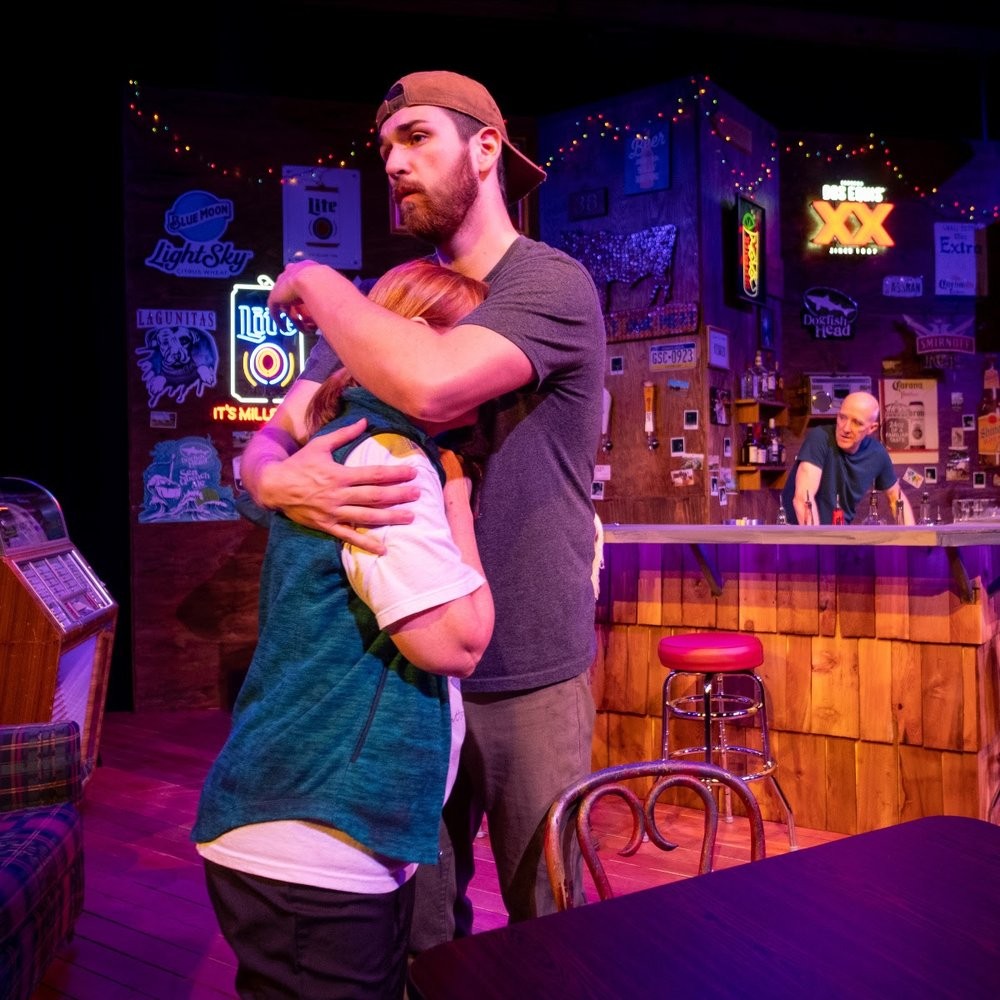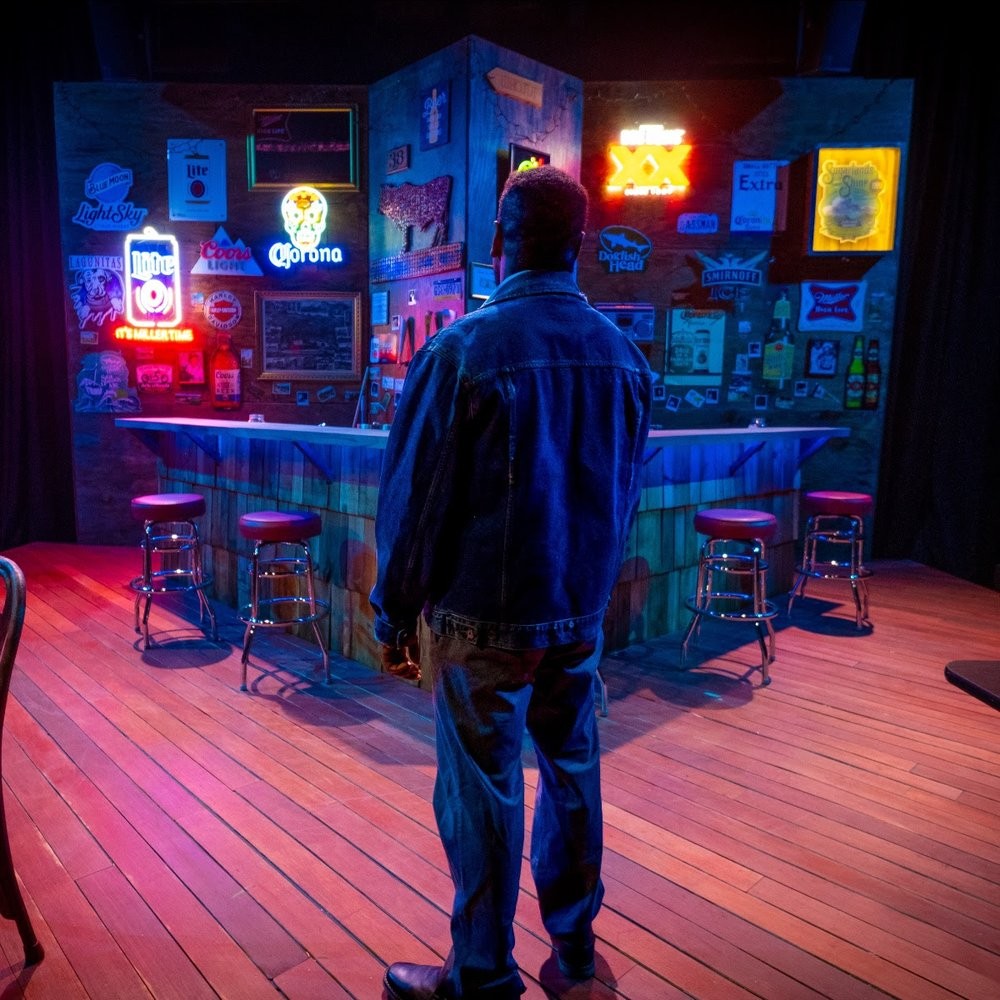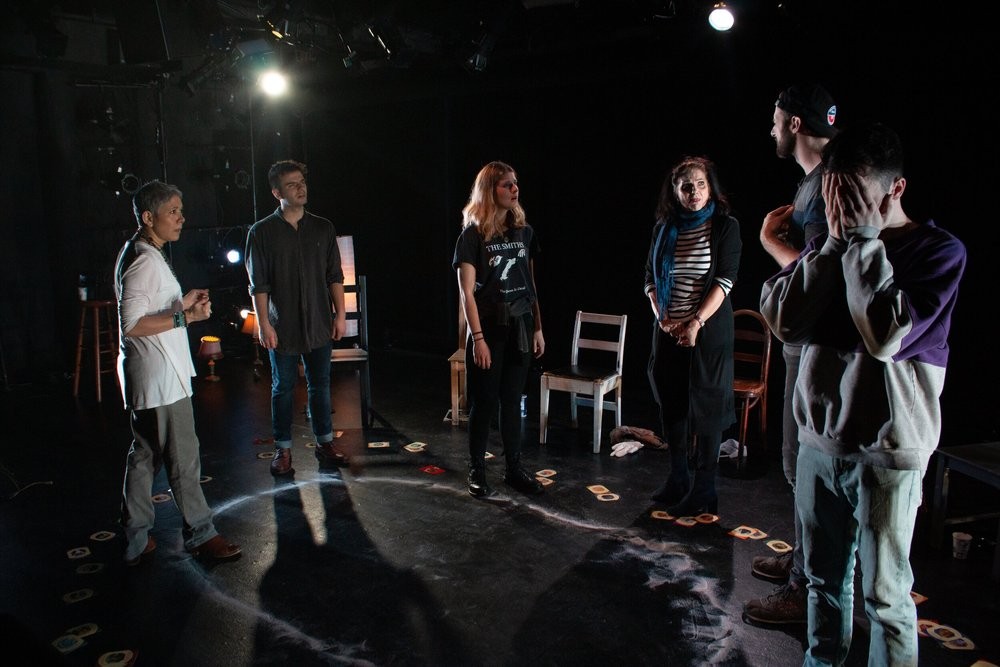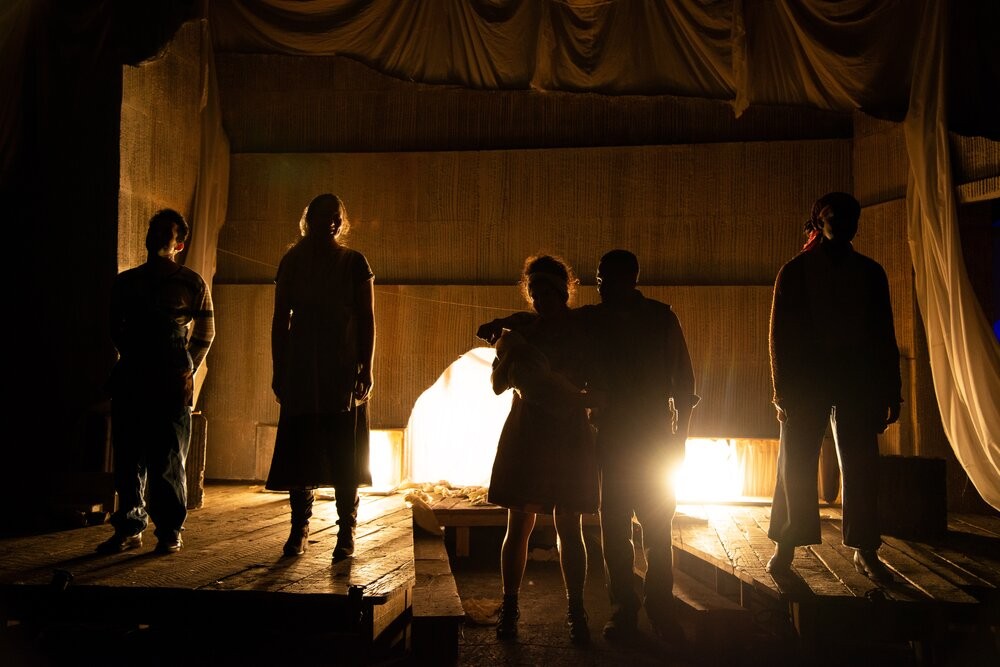We recently connected with Laura Dupper and have shared our conversation below.
Hi Laura, thanks for joining us today. I’m sure there have been days where the challenges of being an artist or creative force you to think about what it would be like to just have a regular job. When’s the last time you felt that way? Did you have any insights from the experience?
I have always known that I wanted to be an artist. Or at least for as long as I can remember. I started acting when I was 9 years old, and through the encouragement of some very important people in my life, I decided to pursue a BFA at Southern Methodist University. Also through the encouragement of some of those same people (my college professor parents), I decided to pursue the something else I loved as well, psychology. I had grown up acting as a ‘client’ in my dad’s school social work class, and I grew fascinated with the intersection of embodying a role and understanding human behavior. After moving to New York and having an endless amount of side hustles, I wondered what it would be like to have a job in addition to my freelance career as a director that also fed my soul. I went back and got my master’s in Social Work, while continuing to work as a director. I had a theory that I was insistent on testing. How similar is the craft of directing and the craft of therapy? Don’t both require you to be present, respond to the person in front of you, and ask questions and make observations that would elicit a deeper interrogation of motivation, an embodied investigation of fears and desires? I work now as a licensed therapist and a freelance director. So in a sense, I have a ‘regular job’ and a not so regular job, depending on who you ask.


Laura, before we move on to more of these sorts of questions, can you take some time to bring our readers up to speed on you and what you do?
I am a NYC based theatre director. I seek to do the kind of theatre that engages the part of our brains that light up when we try to understand someone we don’t. When we try to read someone’s eyes and the way their mouth is turned, and is that sadness, regret, elation, or fear? I want to make the kind of theatre that creates space to sit with our thoughts. Not pretend that we are blank slates who have the wherewithal to make no preconceived notions about what it is we are witnessing. I don’t care to deny our bias and lean on a sort of faux open-mindedness that is deeply hard to acquire as a person living in 2022. The truth is we do have our minds made up about so many things, whether we have thoughts about them or not. But wouldn’t it be special if we could all sit together in a theatre and watch something that causes us to engage with those thoughts? Where we could engage with a story that lights up the same parts of our brains that light up when we seek to understand, the parts that are a little out of shape if we’re honest. Could we work out our empathic muscles in the way that can only happen when we slow down and make space? When we see our world as a conglomeration of ideologies that are either with us or against us, we lose the people—the humanity. The truth is that it’s hard to love big ideas, concepts, or abstract ideals. We love particulars—this person, this animal, this place. When we take the time to distill down what is in front of us, I think we see an entirely different world, filled with recognizable humanity. This has always been the gift of theatre to me—to sit in a room, shoulder to shoulder with a stranger and witness a story that for a moment transcends time and space that leaves us feeling a bit more human and a bit less alone. I love plays that are daring enough to sound like people sound when they are experiencing those emotions. I love plays that have a dialogical muscularity to hold both what people who feel those things actually say and are too afraid to say. I love plays that explore heartbreak and the devastatation of broken relationships and the endless dance of expressing and storing trauma. I love plays that use time as a constraint and that disregard the Truth of its linearity for the truth of the way it actually feels. I love when the world implodes or explodes as a character or community does as well. I love when the form cannot hold the characters or their purposes as the play goes on. I’m always interested in trying to create a space where the language is foregrounded, rather than replication of reality. I want it deeply intimate and highly theatrical. I strive to create a room in which every creator feels safe and free to explore—I submit to the best idea in the room and am thrilled by the process of shaping and shepherding the community and collection of impulses and ideas that forms in a rehearsal process. I think the most exciting productions are the ones in which directorial prescription is substituted by a leader who can find the most legible shape that services the text and the work that happens in the room.



What do you think is the goal or mission that drives your creative journey?
I think in a world, plagued by what experts are calling an ‘epidemic of loneliness,’ we need each other. We need to sit in the same room and breathe the same air and take in the same story. I think we need theatre, and we need each other.
Learning and unlearning are both critical parts of growth – can you share a story of a time when you had to unlearn a lesson?
I thought my artistic journey had to take one route. Our culture can reward single-mindedness and drive, running hard after that one thing–finding what you’re passionate about and running hard after it. I want to do that, but I also want to allow space for more than that. I think we are at our best when we are feeding our entire souls, feeding our bodies, and giving ourselves what we need to thrive. I am someone who loves to ‘grind’, deny myself sleep, and overfill my days. However, I find I am a much better artist, therapist, human being when I am allowing myself to be complex, allowing myself to need. I can actually take in what’s around me, observe it, metabolize it, and grow in all of those arenas when I unlearn that the person who hustles the hardest always wins.
Contact Info:
- Website: lauradupper.com
- Instagram: lduppz
Image Credits
David Johnson


